Organizations have been investing in container-based data management for years now. The benefits of running databases on containers have been well documented. We even covered the basics of databases previously on Witanworld. However, the cost implications of containers make them impractical for most businesses.
That’s starting to change with the advent of the cloud.
Because the cost of maintaining an on-premises data center is somewhat prohibitive, many businesses have been moving much of their computing and storage needs into the cloud.
This has happened in several industries over the last few years — from retail to manufacturing to healthcare — but it’s also happening more quickly than you think.
Let’s look at how cloud databases have disrupted various industries in the past years.
Manufacturing
Manufacturers have been using cloud services for years, but the disruption is only beginning. Cloud databases are being used to gather and analyze real-time data from the factory floor. This allows manufacturers to make changes on the fly, reducing costs and improving product quality.
Cloud databases for manufacturing also provide more flexibility in data storage and access. Manufacturers can now store data securely off-premise, which gives them more options when it comes to computing.
A recent example of this is when Coca-Cola HBC switched to the cloud for its supply chain management. The company aimed to remove silos and integrate data across multiple departments.
Healthcare
The healthcare industry has also been a big adopter of cloud computing. In fact, the Centers for Medicare and Medicaid Services have launched a program called the Health Information Technology for Economic and Clinical Health (HITECH) Act, which is aimed at encouraging the adoption of electronic health records (EHR). The HITECH Act offers incentives to hospitals that use EHRs. These incentives include federal grants and tax credits.
The problem with healthcare data is that it’s highly sensitive — it contains information about people’s personal health, after all. As such, hospitals need to find a way to protect this data from cyberattacks while also making sure that it’s available when needed. Cloud computing helps with both of these issues by providing secure storage space that’s accessible from anywhere at any time.
Retail
The retail industry is adopting cloud computing to handle the massive amounts of data it has to deal with. In fact, the retail sector is doing a lot more than just using cloud computing — it’s using other tools, such as big data and business intelligence, to gain a competitive advantage.
How are they doing this? Well, retailers are using big data and business intelligence to get a better understanding of their customers’ buying habits.
For example, in response to the pandemic, IKEA discontinued its paper catalog and moved to digital to cater to customers at home. This was part of their strategy to transform their technological infrastructure and utilize the cloud.
Financial Services
Financial services is another vertical where cloud computing has made some significant inroads. The financial services sector relies heavily on data to power its operations, and cloud computing allows companies to store and access this data more efficiently.
Cloud platforms also allow companies to use analytics tools in order to gain important insights about their operations. Financial services institutions like MasterCard and JPMorgan Chase are known to utilize the cloud for its operations.
Education
The cloud is also making a significant impact on the education sector. Cloud computing provides educators with an easy way to deliver content and courses in an engaging, interactive format that appeals to students’ interests and needs.
Cloud-based platforms like Moodle are helping teachers save time by providing them with a way to easily create and manage homework assignments, tests, and other essential classroom materials. Universities like MIT, the University of Georgia, and Iowa State University have all adopted such platforms.
What’s more, cloud computing is also changing the way that schools store and access student information. For example, some schools are moving away from traditional student records systems in favor of cloud-based platforms that give parents access to their children’s records from any location.
Conclusion
As you can see, the cloud is having a profound impact on all aspects of our lives. It’s changing how we work, play, and interact with the world around us.
What’s more, cloud databases are not exclusive to enterprises. Small businesses and individual developers can access them. For example, you can learn how to create a database in MongoDB and gain access to the platform quickly. With cloud technology just within reach, there’s no telling where else it will take us in the future.
If you liked this post, we have many more articles on data storage available on Witanworld for you to read.







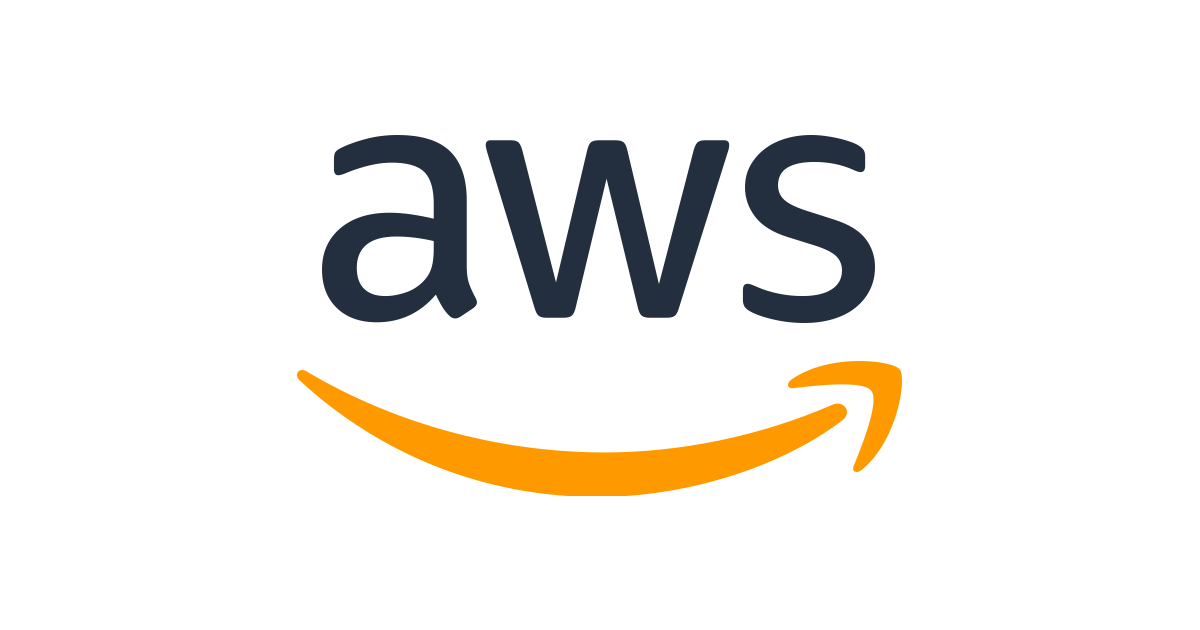

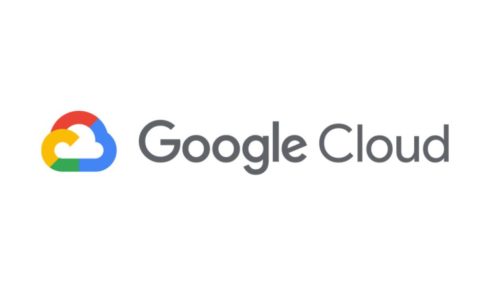
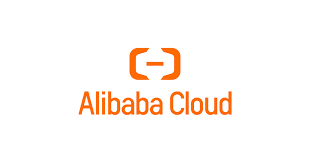
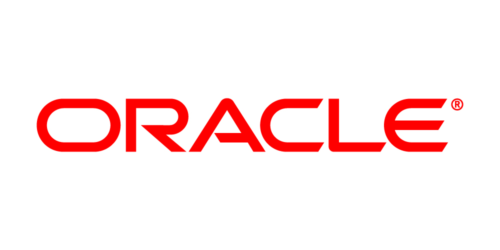
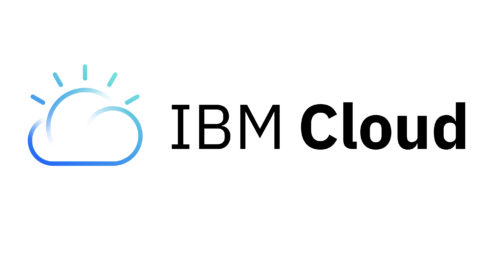
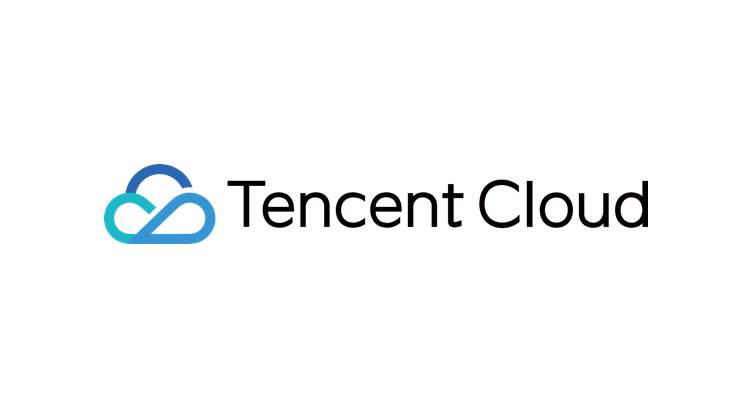
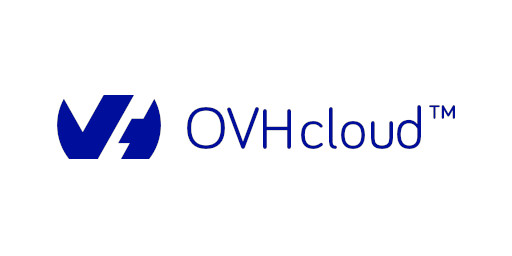
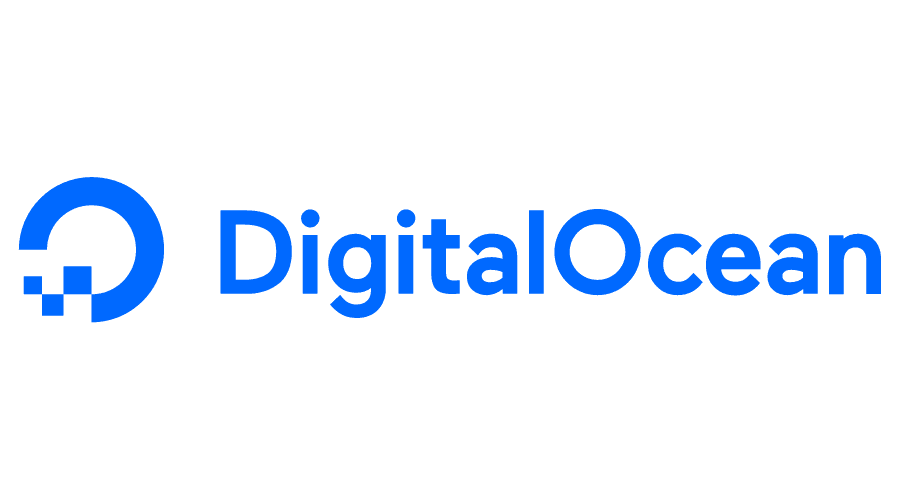
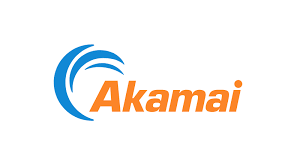

Leave a Reply